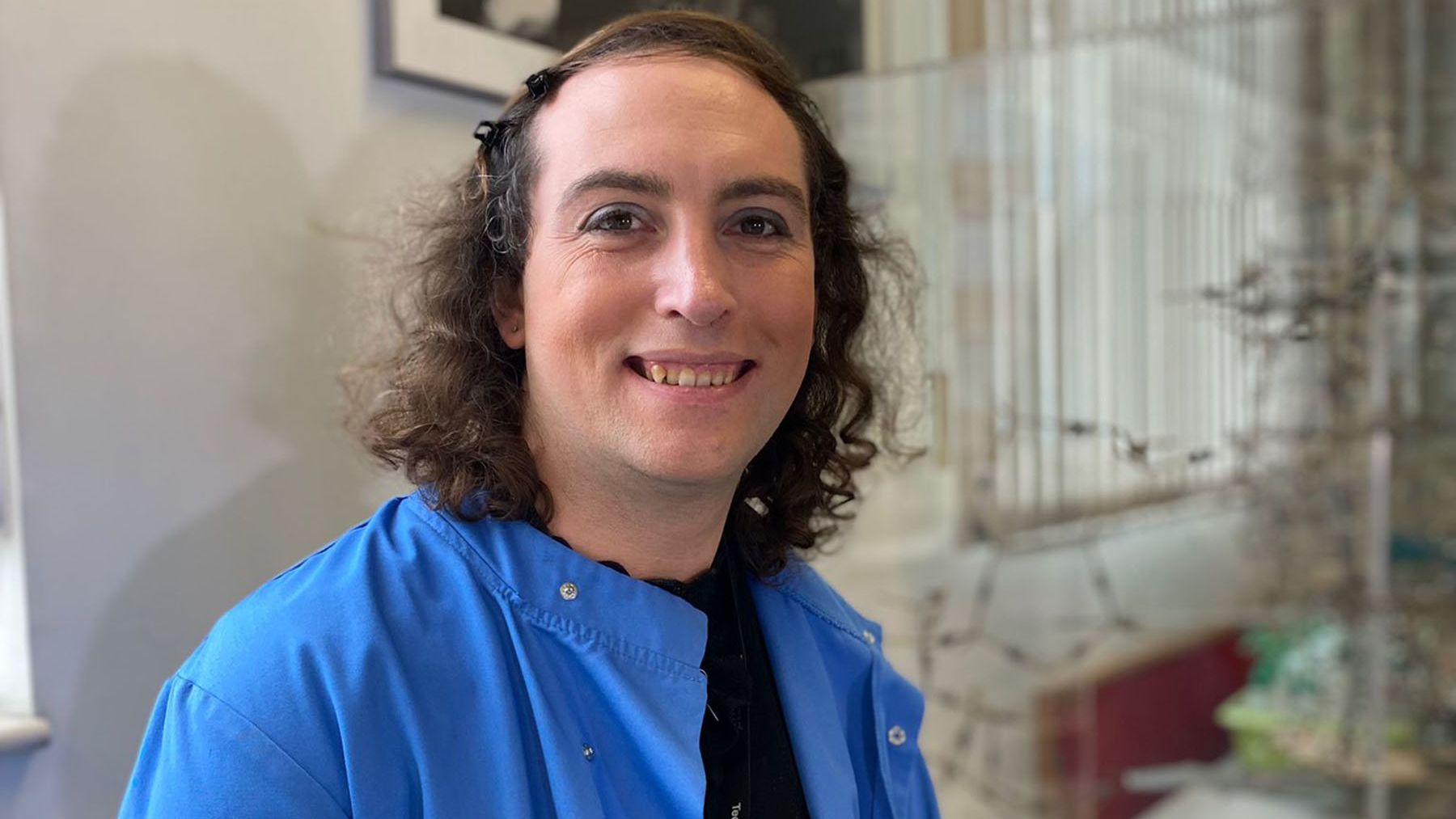The power of secondments
Speaking of experience, secondment to other labs around the building, gain valuable tips and tricks that are characteristic of a technician’s role. This is perhaps one of the single most useful experiences I have had in my technical career, and I would highly recommend it to any technical staff. For a start it can get rid of any bad habits that inevitably form in an isolated team, while also reinforcing good working practice.
Secondments are also where I’ve picked up a multitude of useful skills that have been either directly applicable or perhaps useful in some other way. One secondment I had was focussed on building safety and writing relevant risk assessments. Upon coming back, I was able to give constructive input to our own risk assessments and safety aspects in the lab. In another instance, I went and trained in the use of laminar flow hoods involving cell culture. Fast forward a year to when the decision was made to install some in our own lab, our tech team was already trained and competent in their use.
It’s amazing how quickly summer passes, so it’s good to get the most out of the off season. While summer may not be as structured as the rest of the year, a good plan can really carry you forward into a good academic year. Term time is where we work hardest, but summertime is when we have to work smart.


